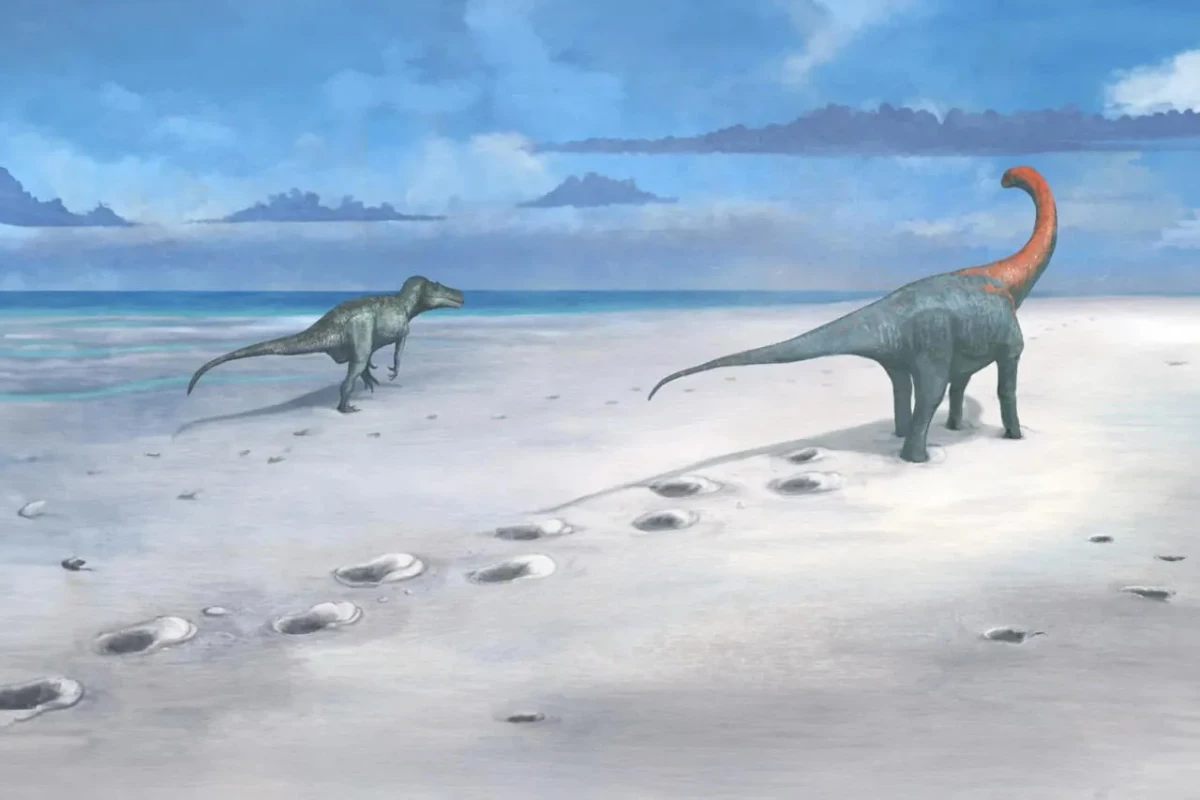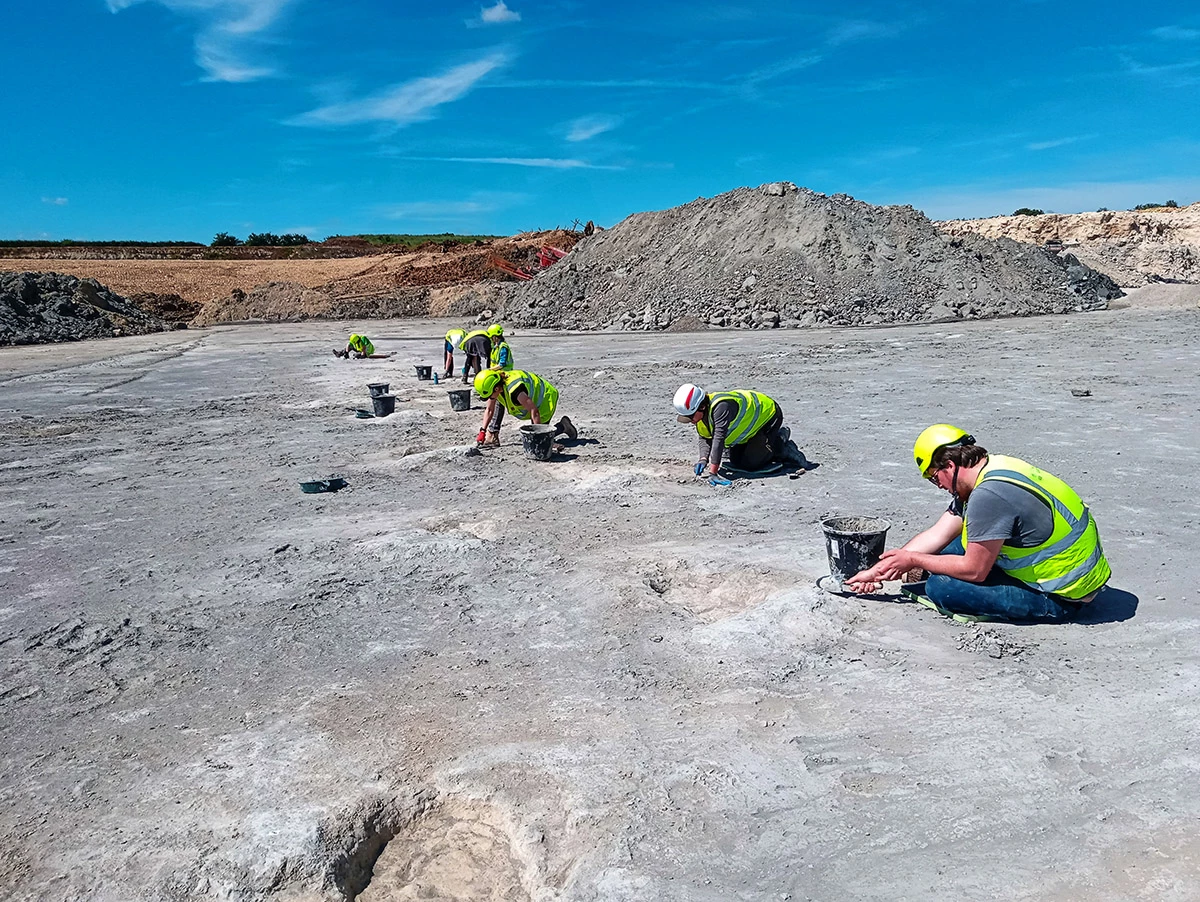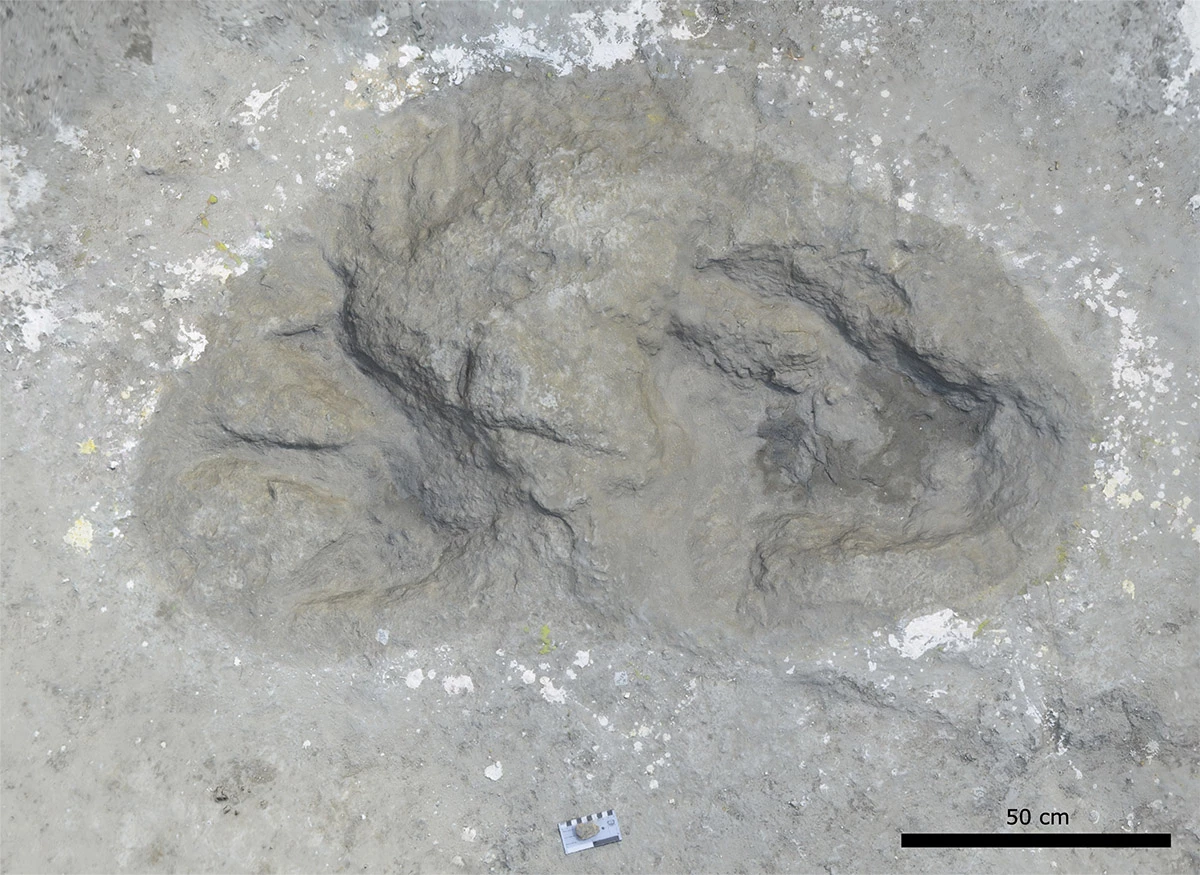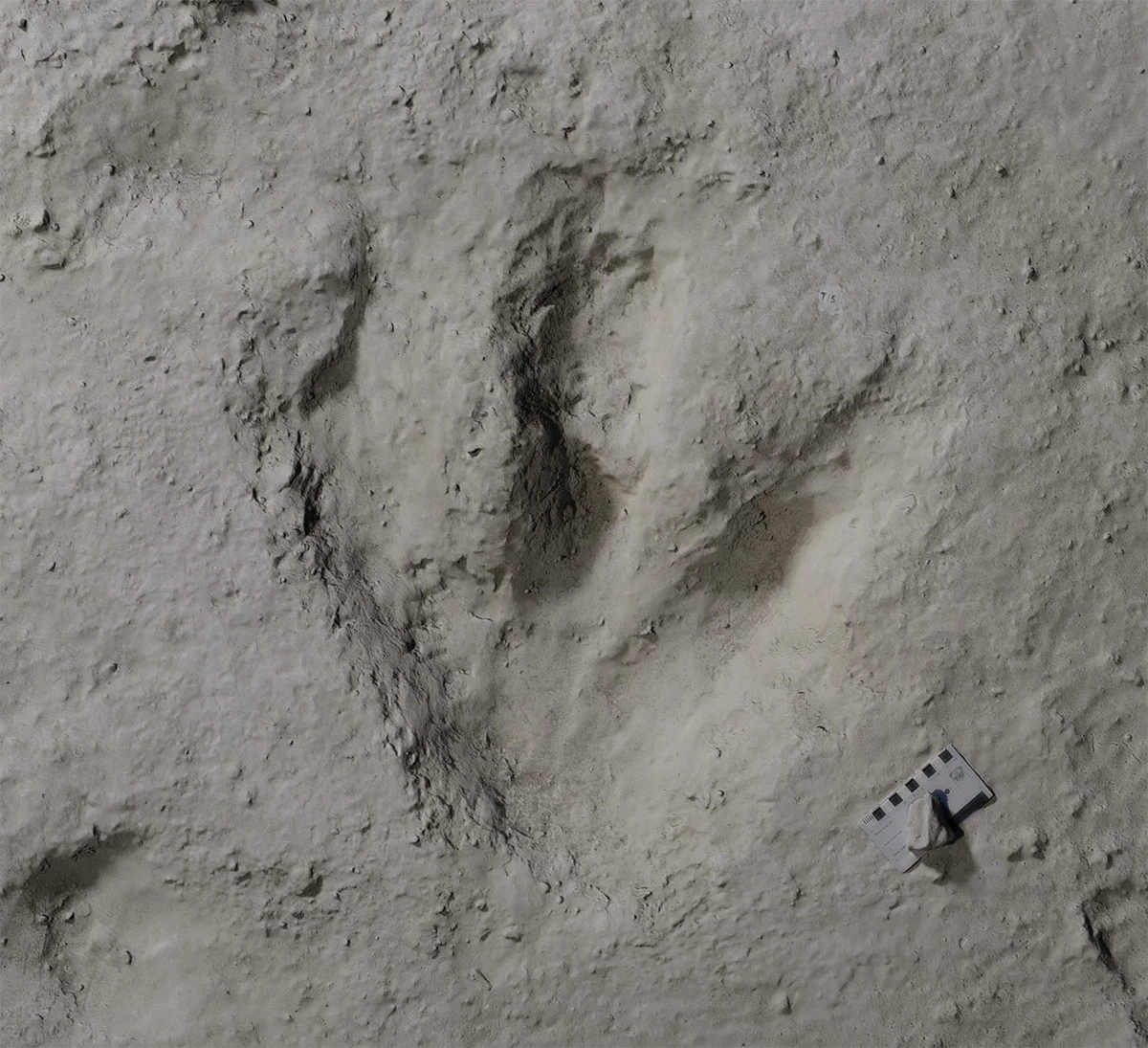A quarry in South East England has yielded a fascinating paleontological discovery: long tracks with a total of 200 footprints left by enormous dinosaurs that roamed the earth during the Middle Jurassic Period, some 166 million years ago.
Some of those prints belong to the Megalosaurus – a carnivorous bipedal predator as long as a city bus – and to herbivorous long-necked sauropods that could include Cetiosaurus. The latter typically measured about 60 ft (18 m), the length of a tennis court. What's especially interesting is there are points where the carnivore and herbivore tracks cross over, which means these humongous creatures may have interacted in some way at this site.
The trackways were spotted by a quarry worker driving a digger in Dewars Farm Quarry in Oxfordshire last year.
After Gary Johnson felt "unusual bumps" while stripping away clay from the quarry floor with his vehicle, a team of more than 100 people, including researchers from the Universities of Oxford and Birmingham, spent a week uncovering the collection of footprints in June 2024.
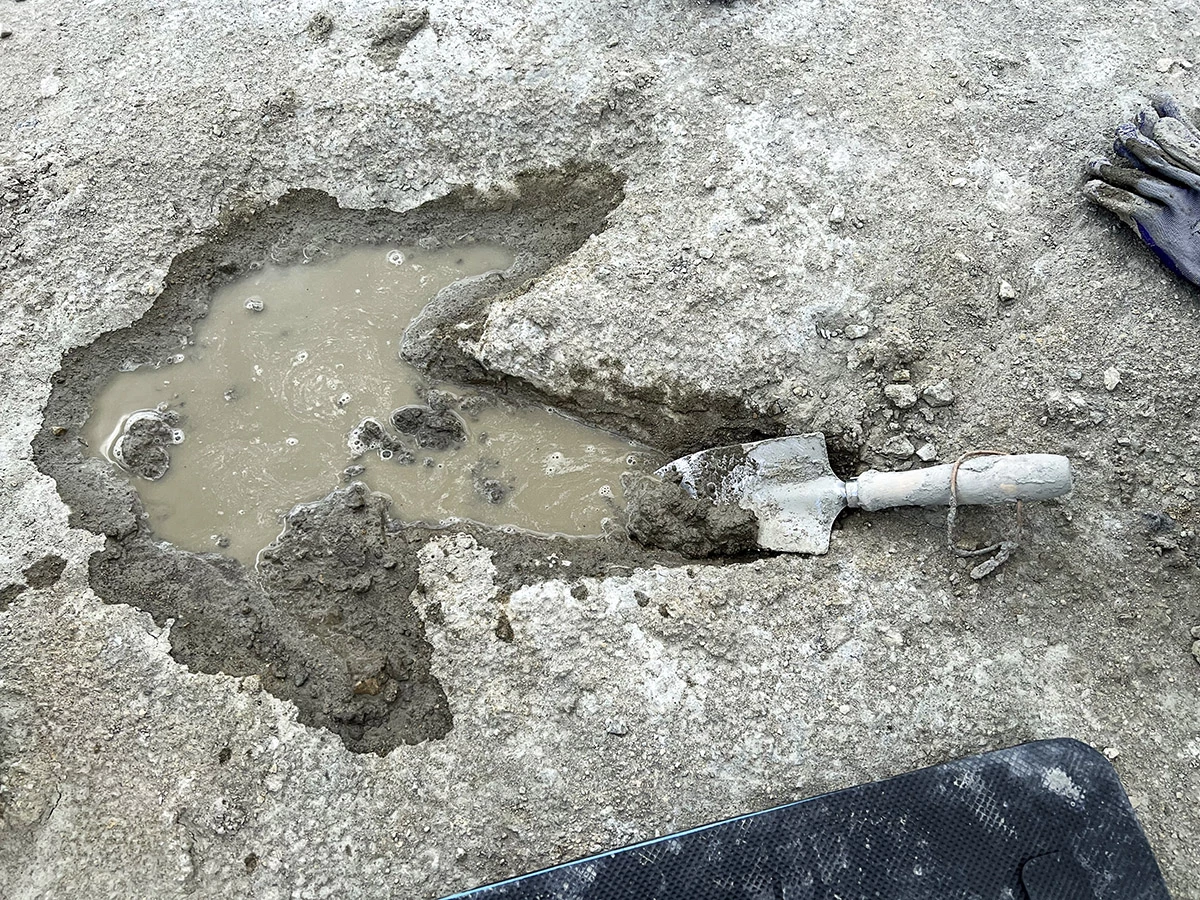
Five trackways, including one nearly 500 ft (150 m) long, have been discovered – making this the UK's largest ever dinosaur footprint site to be unearthed. And only part of the quarry has been excavated so far.
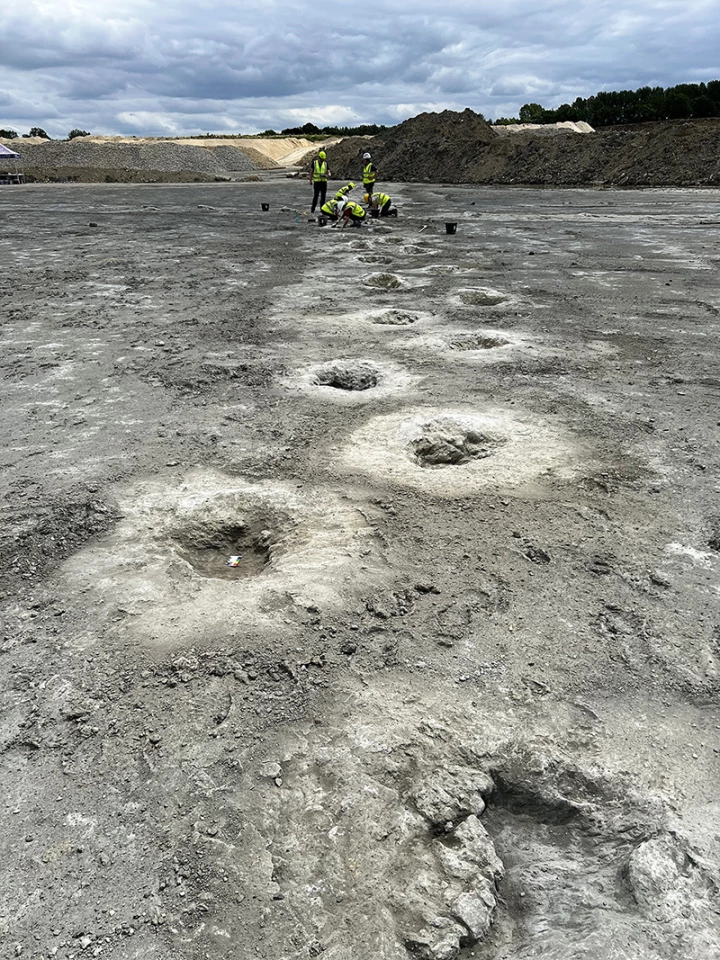
Interestingly, the carnivorous Megalosaurus was the first dinosaur to be scientifically named and described anywhere in the world, in 1824. Its discovery two centuries ago is regarded as the beginning of dinosaur science.
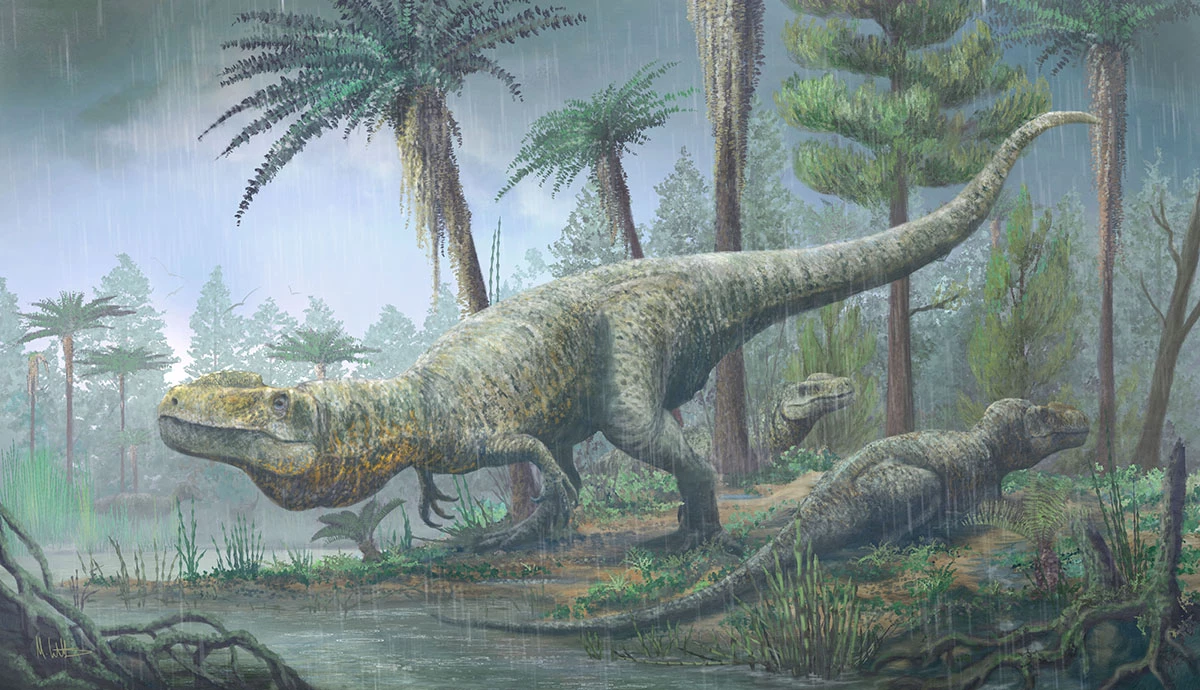
This new discovery connect to findings in the area going back to 1997, where quarrying revealed over 40 sets of footprints and presented researchers with an idea of which dinosaurs roamed the UK. The difference this time around is that we have better tech to clarify findings from the dig, thanks to drone imagery and 3D modeling techniques.

Dr. Duncan Murdock, earth scientist at Oxford University Museum of Natural History, explains that while fossils present us with evidence of the death of animals, these findings give us a sense of the life of those animals.
“The preservation is so detailed that we can see how the mud was deformed as the dinosaur’s feet squelched in and out," he says. "Along with other fossils like burrows, shells and plants we can bring to life the muddy lagoon environment the dinosaurs walked through."
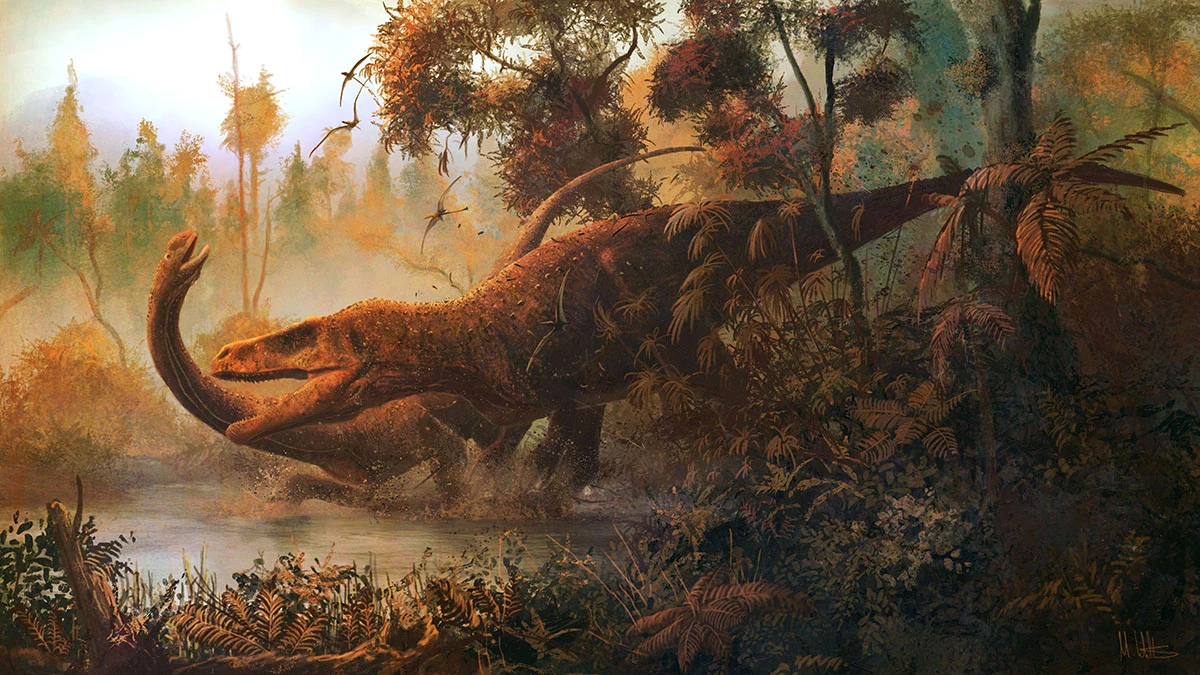
With more than 20,000 images of the footprints, the team could uncover insights into these dinosaurs' size, movement, and interactions with each other – a whole lot more than you'd get from bone fossil records.
You can learn more about this excavation on Digging for Britain, airing January 7 via the BBC's iPlayer service online, and on its BBC Two channel the next day. There's also more information on the study in the following video.
Source: University of Oxford
